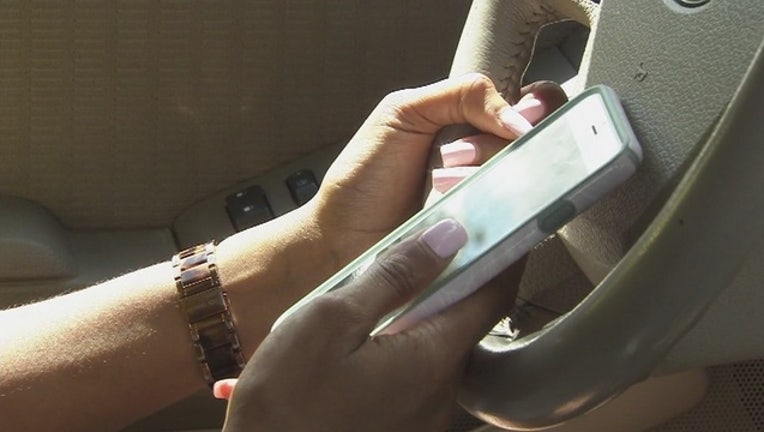Stronger texting-while-driving bill raises racial profiling fears

TALLAHASSEE (NSF) - Race and ethnicity would have to be recorded by law-enforcement officers when ticketing motorists for texting while driving, under a measure that continued moving through the Senate on Tuesday.
The requirement about recording race and ethnicity was added to the bill (SB 90), which would strengthen Florida’s ban on texting while driving to make it a “primary” offense, rather than a “secondary” offense.
Sen. Perry Thurston, a Fort Lauderdale Democrat who proposed the reporting requirement, said the data collection would help determine if minorities are disproportionately ticketed for texting while driving.
“This is just an effort to say, well, just monitor it, see how it’s being handled,” Thurston said. “We don’t know if it goes far enough, but certainly it will give us the information.”
The Senate Transportation, Tourism, and Economic Development Appropriations Subcommittee voted 8-2 to back the bill. Currently, texting while driving is a “secondary” offense, meaning motorists can only be cited if they are pulled over for other reasons. But if it is made a primary offense, police would be able to stop motorists for texting behind the wheel.
In voting against the bill, Sen. Bobby Powell, D-West Palm Beach, said the potential impacts of the texting proposal on minorities outweigh the benefits.
“Even as a state senator, I get in my car and I drive and when a police officer gets behind me, I never have the comfort, ever in life, of feeling safe,” Powell, who is black, said.
While the requirement on reporting race and ethnicity was added, the Senate panel rejected an attempt to make the proposal potentially stronger by requiring motorists to be “hands free” from electronic devices while behind the wheel.
Sen. Audrey Gibson, a Jacksonville Democrat who also voted against the amended measure, sought the hands-free requirement to lessen the chance minorities would be racially profiled.
“I believe that it is impossible to determine with the phones that we have today whether someone is texting or dialing,” Gibson said. “I’d like for us to be cautious. And hands free, there is no doubt whether someone is using their phone.”
The texting-while-driving proposal would allow motorists to make phone calls on electronic devices. Also, the devices could be used for such things as getting directions.
Gibson, who is black, said “conversations” would be needed in her community about being extra careful when driving if a hands-free provision is not added to the bill.
“I also know what it looks like to be a minority, and not every law-enforcement agency in this state is sensitive,” she said. “Escalation sometimes leads to death. And there are a lot of factors that we should consider when we do something that impacts not one or two people, but every single person on the road.”
Bill sponsor Keith Perry, R-Gainesville, did not support the hands-free proposal because he said he doesn’t think the House would go along.
“I don’t want the bill to be derailed because we tried to push too hard this session,” Perry said.
Perry who has two driving-age daughters, said the overall proposal is designed to change the behavior of motorists --- including himself --- rather than get people pulled over or allow law enforcement to raise money.
“Having it as a secondary offense tells people, especially these young people, it’s OK, just don’t do something else,” Perry said. “Just don’t get caught. Don’t run a red light. Don’t do something else. Texting and driving is OK. And that’s what we’re telling young people.”
The proposal, which has now cleared three Senate panels, must get approved by the Appropriations Committee before it can go to the full Senate.
The House version (HB 33), which does not have a similar race and ethnicity reporting requirement, is a priority of Speaker Richard Corcoran, R-Land O’ Lakes.
It has been approved by the Transportation and Infrastructure Subcommittee and is next slated to appear before the Judiciary Committee.

